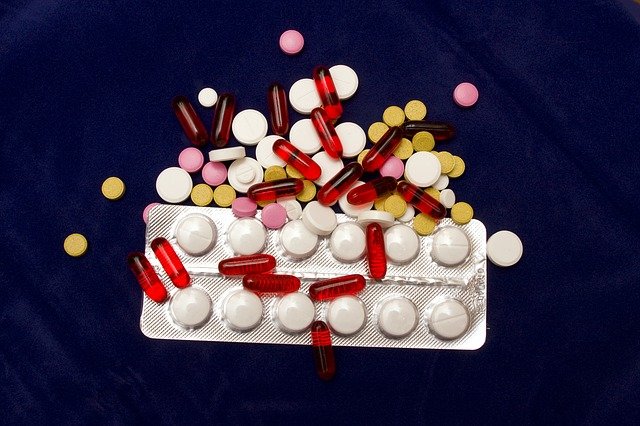
Clinical waste, also termed medical waste, are the products released as a by-product of the healthcare industry. Mostly, these wastes come from hospitals, surgeries, laboratories, dentists, and other medical centres. In case you are wondering what is clinical waste, you should understand that such wastes contain materials that might come in body contact with medical practitioners or patients during drug administration, research, diagnosis, or other treatments.
Medical wastes might be potentially infectious since they remain contaminated with fluids from the patient’s body. This is why leading hospitals and healthcare organizations use quality skip bins in Sydney to dispose of clinical waste safely.
Different types of clinical wastes
Have a look at the different types of clinical wastes.
1. Contaminated or used sharps
Used or contaminated sharps include needles, syringes, ampoules, cartridges, or any other sharp instrument. These objects might either be used or become contaminated with clinical wastes or fluids.
2. Tissues of humans or animals
Tissues of living or dead animals or humans, or any organ constitute such wastes. These tissues might be generated as waste materials from veterinary practices. For instance, dental clinics might produce extracted teeth as human organic wastes, that need to be segregated.
3. Laboratory wastes
Clinical wastes from laboratories include the unsterilized stock culture or any infectious agent that might pose health risks. Generally, pathological, medical, dental, and veterinary laboratories discharge these wastes. Moreover, the apparatus associated with tests such as inoculation wire, inoculation loop, pipette tip, pipette, tube, flask, bottle, and culture dish constitutes these wastes.
4. Surgical dressings and other wastes
Surgical wastes might be infectious and tend to spread diseases. These include dressings, swabs, or other wastes soaked with blood. When these materials from infected patients contaminate public places, they might pose a health risk.
Why is it important to separate clinical wastes?
To maintain the basic standards of hygiene and prevent the spread of diseases, it’s crucial to segregate different types of clinical wastes. This way, healthcare organizations can keep patients and their workers safe. It’s crucial to dispose of away these wastes efficiently and safely. This is why hospitals and other healthcare organizations use customized bins to dispose of medical wastes.
Particularly, you should observe that medical wastes of different categories require special disposal techniques. This ensures that the infectious materials wouldn’t be contaminating other places. For instance, landfills are ideal for disposing of some clinical wastes. Besides, other wastes might need special treatment like a medical incinerator. This ensures that the pathogens or infectious elements get completely destroyed.
Hire a reliable waste management system
Noncompliance with the prescribed standards for waste management might lead to penalties. This is why established healthcare institutes collaborate with trusted teams providing waste management solutions. You might reach out to Orange Bins, skip bins Sydney for cost-effective waste management.
The experts handle hazardous materials with care, transporting all your clinical wastes to specialist facilities for proper disposal. While some materials might be recycled, others are completely destroyed or eliminated. With trained professionals ready to pick up and dispose off clinical wastes from residential and commercial areas, it would be wise to have experts on your side.
